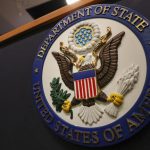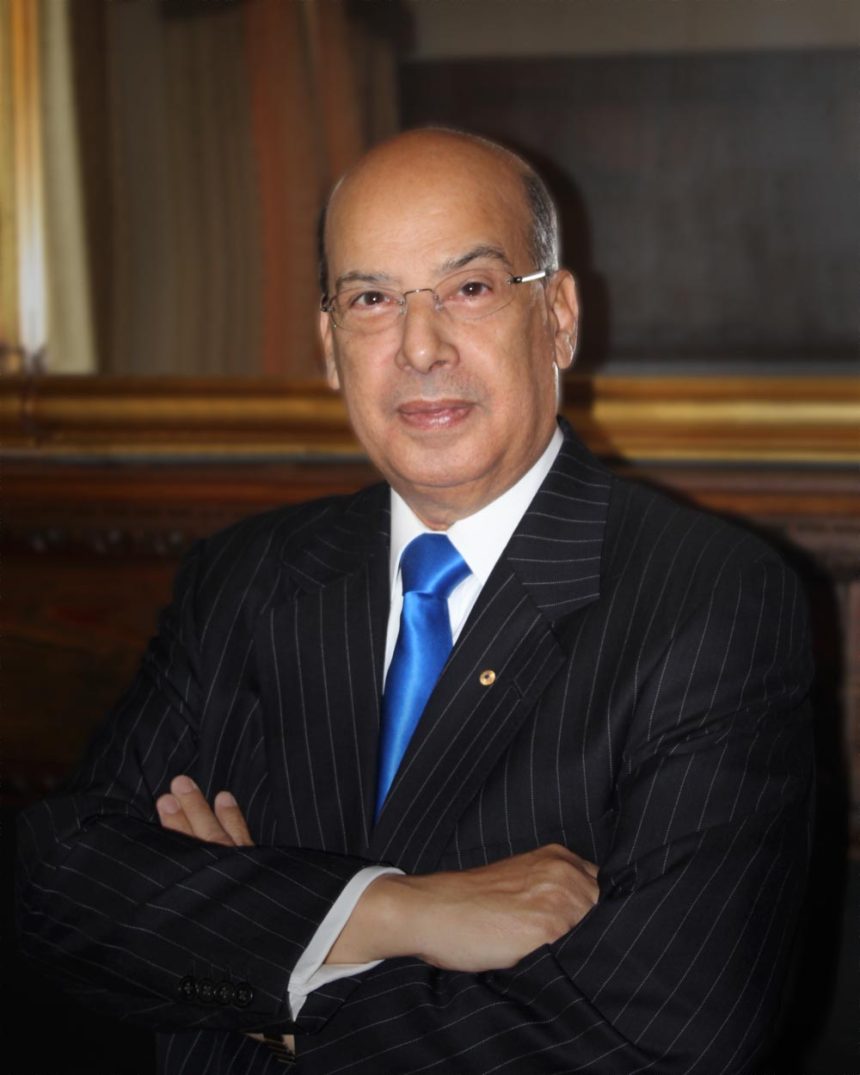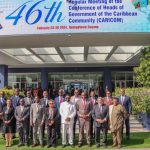By Sir Ronald Sanders
In 2024, a series of general elections in Latin American countries, including the Dominican Republic, Mexico, Panama, and Venezuela, are pivotal events that will shape the internal dynamics of these countries. Because these elections will determine the future stability and prosperity of these influential countries, they are important to the region as a whole, emphasizing the importance of free and fair electoral processes that will command the endorsement of their citizens and the wider hemispheric community.
In the English-Speaking Caribbean, the principle of free and fair elections has long been a cornerstone of democratic practice. It is a standard that is not only expected but also respected by its citizens, including those with allegiances to competing political parties. There were two exceptions to this general experience: Guyana and Grenada.
Guyana experienced a series of rigged elections between 1968 and 1992, leading to social and political instability, massive migration, decline in investment and the classification of the country as the second poorest country in the Hemisphere after Haiti. Free and fair elections in 1992 created a period of stability and economic recovery up 2020 when attempts were made to rig elections in favour of the ruling APNU party. This situation was rectified after the votes were recounted under the supervision of the Caribbean Community (CARICOM) and the Organization of American States (OAS). Since then, the general acceptance of the validity of the currently elected government, and the foreign investment in exploitation of large reserves of oil and gas, have transformed Guyana into the fastest growing economy in the Western Hemisphere.
In Grenada, in 1979 an unpopular government, known for corrupt election practices, was overthrown in a coup organized by a combination of the opposition New Jewel Movement and the army which, together, formed the government. A period of internal unease and discomfort by neighbouring states continued until 1983, when the government imploded, and the Prime Minister and members of his Cabinet were assassinated. This led to an invasion of the country by the United States, supported by several Caribbean countries, principally Grenada’s closest neighbours. Since then, elections in Grenada have been judged to be free and fair and the country has progressed steadily.
The peaceful transition of power, a hallmark of stable democracies, is contingent upon the universal acceptance that election processes were free and fair, resulting in the election of a valid government. Acceptance of the validity of the government is crucial for maintaining democratic institutions, ensuring civil and social stability, attracting investment, creating jobs, reducing poverty, and fostering economic growth.
Conversely, in nations where the sanctity of free and fair elections is compromised, the result is instability, characterized by authoritarian control measures that lead to an exodus of citizens, a scarcity of investment, and a rise in unemployment and poverty.
The case of Venezuela currently illustrates a concerning trend where the erosion of electoral integrity threatens not only the domestic fabric of democracy but also poses a challenge to regional stability. The unravelling of an agreement, signed in Barbados in October 2023, between the government of President Nicolás Maduro, and a group of Opposition parties, called the Unitary Platform, threatens the possibility of free and fair elections sometime this year.
The government has sidelined the opposition from crucial decisions regarding the proposed elections. It has also excluded its most popular and credible rival, Maria Corina Machado, who was elected by a significant margin in Venezuela’s opposition-led presidential primary, receiving approximately 93% of the vote. This decisive victory positioned her as the clear winner, garnering strong support among voters who showed a keen desire for her to run against President Maduro. In response, she was accused of corruption by the Maduro government, and the government-appointed Supreme Justice Tribunal banned her from participation in the elections. A U.N.-backed panel investigating human rights violations in Venezuela has noted the government’s intensified efforts “to curtail democratic freedoms”.
As the time for Venezuela’s presidential election approaches, it is crucial that efforts to ensure that elections align with international standards of transparency and fairness. The disqualification of opposition candidates, the lack of judicial independence, and the manipulation of electoral conditions by the ruling government underscore the challenges facing not just Venezuela but democracy itself in the region. If the electoral process in Venezuela is not regarded as legitimate, the resultant government will enjoy no validity, worsening the economic and social conditions in Venezuela, including an increase in its people fleeting to already overburdened neighbouring states.
For its part, the Venezuela’s government and its allies have announced a proposal to hold the presidential election on any of 20 potential dates. They have also said that the proposal will be presented to the government controlled, National Electoral Council, whose members will choose the date. The opposition parties have objected to this arbitrary process. All this sets the stage for a controversial election and a contentious result.
Caribbean nations, which themselves undergo democratic elections where debate and dissent is crucial, have a vested interest in the integrity of elections throughout Latin America. The erosion of free and fair elections in any one country is a threat to democratic stability everywhere. Free and fair elections serve as the bedrock of democratic governance, enabling the peaceful transition of power.
Legitimate and democratically elected governments, responsive and accountable to their citizens, are fundamental to successful development efforts. The right to choose leaders, to influence government policy, and to hold those in power accountable is not merely a democratic right, it is a prerequisite for sustainable development and peace.
That is why Caribbean political parties and citizens must champion the cause of electoral integrity, both within their borders and beyond, recognizing that the health of democracy in their neighbourhood is intrinsically linked to their own.
(The writer is Antigua and Barbuda’s Ambassador to the US and the OAS. The views expressed are entirely his own. For comments and previous commentaries, see: www.sirronaldsanders.com)










